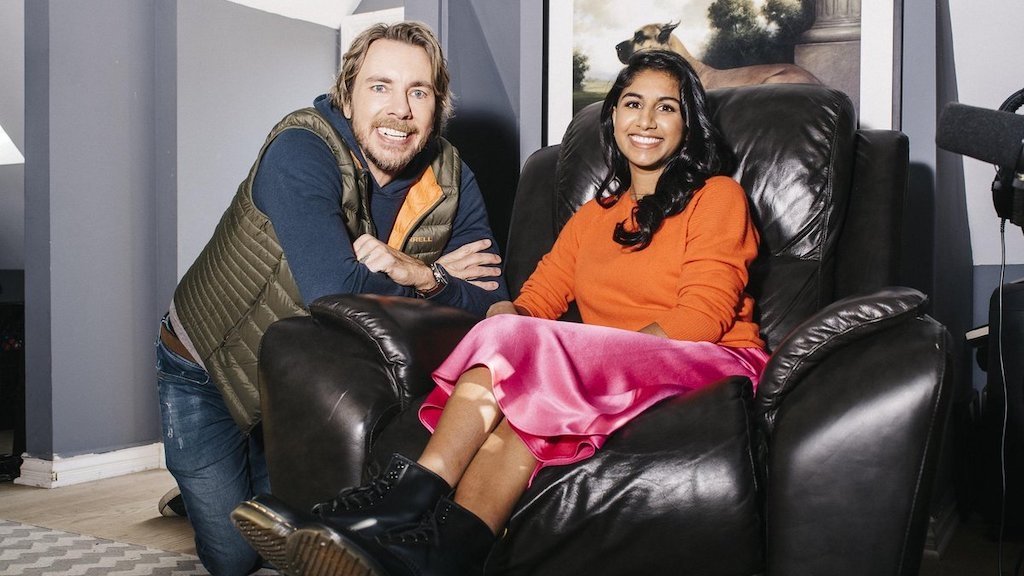

Scientific evidence can help, but often we believe what we want to believe anyway. What determines the beliefs we adopt when we have a choice?
ARMCHAIR EXPERT FULL
If he knew more, would Trump have been less confident? I doubt it Trump was (or is) simply full of bluster, and his confidence was simply unrelated to his knowledge. Some researchers have described it as arrogance. In fact, there are individual differences in confidence, with some people being absurdly sure of themselves, and others quite diffident.īut the confidence of highly confident but wrong people comes not from their ignorance, but from the fact that they are inherently confident about everything. It primarily means that just because someone is confident doesn't mean they are right. The Dunning-Kruger effect, however, is a population-level effect, so no individual can "have" it. Sometimes people are described as having fallen prey to the Dunning-Kruger effect, or even as "having" Dunning-Kruger.

But it is perhaps not surprising: we simply don't have time to be experts on everything. To illustrate, when I interrogate myself about why I believe the death penalty is not a deterrent, I find there is not a lot there except for consensus beliefs among my peer group-some of whom I hope have looked into the evidence-some intuition, and vague memories of looking at some blog posts or newspaper articles. We can discover this by trying to justify our pet beliefs. Researchers have identified a chronic illusion of explanatory depth, in that we overestimate our understanding of the world. Some of these beliefs we will hold strongly.īut when we attempt to justify our beliefs, we often find the evidence pool is very shallow. We might even believe that women are not as good at maths as men, or that the Earth is flat. We might believe that the death penalty deters crime, or that raising the minimum wage decreases unemployment, or that raising business taxes will reduce innovation. Many of us have at least a few controversial beliefs. Sometimes, it's just about self-interest. The promotion of misinformation can be caused by an over-inflated belief in their own judgment and knowledge, or often, they simply relish the chance to proclaim their own contrarian or ideological views. Certain broadcasters and social media celebrities openly promote fake facts or misrepresentations of science and data to their audience, many of whom do not seem to care whether they are right or wrong, as long as they are hearing what they want to hear.


 0 kommentar(er)
0 kommentar(er)
